Antipsychotics
Antipsychotic is also known as major tranquilizersor or nerve blockers. It refers to a group of drugs used for the treatment of schizophrenia and other kinds of severe mental illness. It contains various types with commonly used including phenothiazine type and butyrophenone type such as chlorpromazine, thioridazine, perphenazine, trifluoperazine and haloperidol. Long-term use, mistakenly administration or attempted suicide causes swallowing of large doses of antipsychotic drugs, further resulting in Antipsychotics poisoning and producing a variety of neuropsychiatric disorders.
Pathogenesis
Antipsychotic drugs (especially phenothiazine-class drug) mainly take effect on the network structure. The ascending activation system in the network structure is related to the maintenance of the excitability and awareness states of the cerebral cortex while the descending system is related to the movement and behavior.
Therefore, upon overdose of antipsychotic causes inhibition of the cerebral cortex and subcortical center, further triggering disturbance of consciousness with sometimes inducing seizures. Antipsychotic drugs can inhibit the striatal dopamine but stimulate the acetylcholine. Administration of high doses can cause extrapyramidal symptoms. This group of drugs can inhibit the vasomotor center and block the α-adrenergic receptor, leading to vasodilation and reduced peripheral resistance. Therefore, large-dose administration can cause low blood pressure.
Clinical manifestations
Single time swallowing a large dose of antipsychotics (750 ~ 1000mg rear) cam cause acute poisoning, in addition to produce symptoms such as lower blood pressure and altered heart function, those major neuropsychiatric symptoms are:
First, psychiatric symptoms: acute poisoning victims mainly exhibit disturbance of consciousness. Upon light or moderate poisoning, it can be occurred of lethargy, apathy, weakness, irritability, excitement, anxiety as well as being restless. Patients of severe poisoning are characterized by disturbance of consciousness, drowsiness and coma.
Second, the neurological symptoms and signs: patients of mild poisoning may have ataxia, tremors and increased muscle tension, often accompanied by acute extrapyramidal symptoms, such as akathisia, eye crisis, spasmodic torticollis, opisthotonos, torsion spasms, myoclonus, etc. Patients of severe poisoning can exhibit seizures, miosis, hypotonia and disappearance of tendon reflexes and so on.
Diagnosis
First, for people of history of taking antipsychotic, they should be asked of medication time, dose and species, whether it is single-drug poisoning or mixed drugs poisoning. This is of great important for establishing the diagnosis, determining the disease condition as well as estimation of prognosis.
Second, the laboratory inspection: it will be good for diagnosis and prognosis to conduct qualitative or quantitative examination of urine or blood toxicant.
It should be noted to distinguish this from the poisoning of other kinds of drugs as well as disturbance of consciousness caused by organic brain disease. It can be distinguished mainly based medication history, the severity of extrapyramidal symptoms and toxicology analysis of urine and blood.
- Structure:
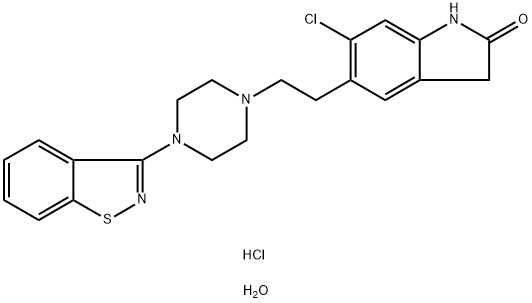
- Chemical Name:Ziprasidone hydrochloride monohydrate
- CAS:138982-67-9
- MF:C21H24Cl2N4O2S
- Structure:
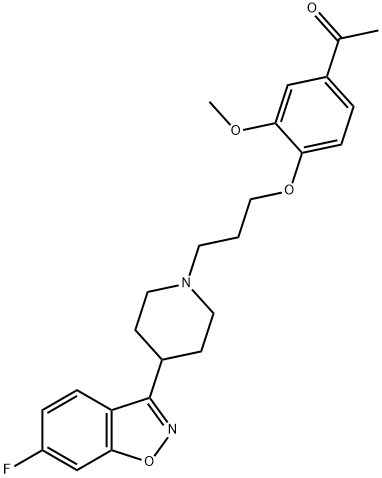
- Chemical Name:ILOPERIDONE
- CAS:133454-47-4
- MF:C24H27FN2O4
- Structure:
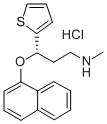
- Chemical Name:Duloxetine
- CAS:116539-59-4
- MF:C18H19NOS
- Structure:
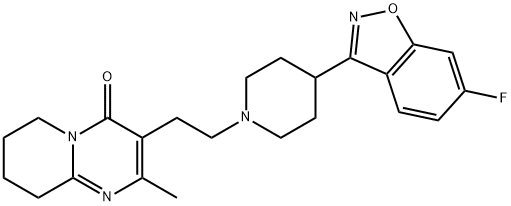
- Chemical Name:Risperidone
- CAS:106266-06-2
- MF:C23H27FN4O2
- Structure:
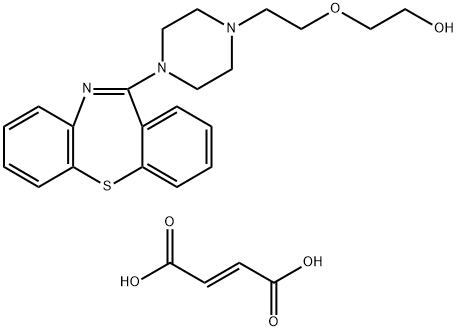
- Chemical Name:Quetiapine fumarate
- CAS:111974-72-2
- MF:C25H29N3O6S
- Structure:
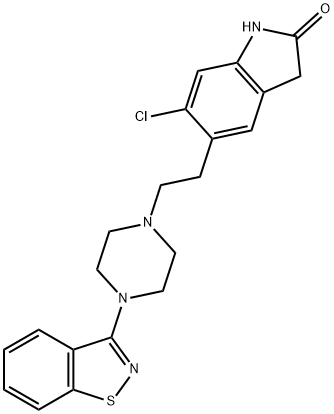
- Chemical Name:Ziprasidone
- CAS:146939-27-7
- MF:C21H21ClN4OS
- Structure:
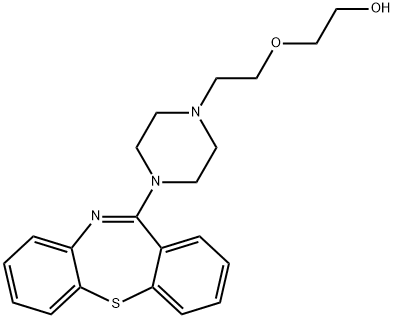
- Chemical Name:Quetiapine
- CAS:111974-69-7
- MF:C21H25N3O2S
- Structure:
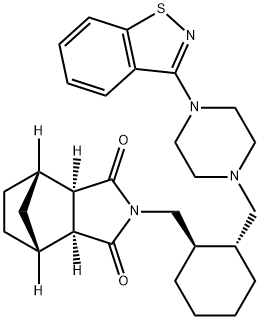
- Chemical Name:lurasidone
- CAS:367514-87-2
- MF:C28H36N4O2S
- Structure:
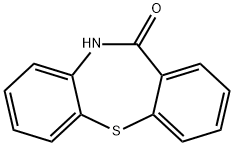
- Chemical Name:10,11-Dihydro-11-oxodibenzo[b,f][1,4]thiazepine
- CAS:3159-07-7
- MF:C13H9NOS
- Structure:
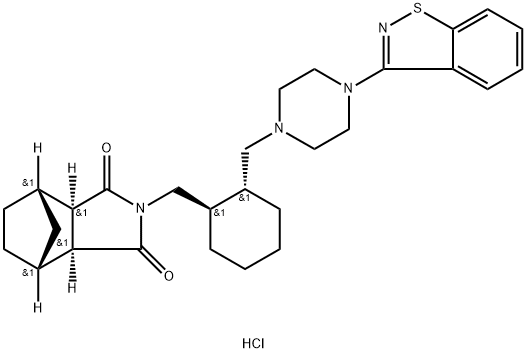
- Chemical Name:Lurasidone hydrochloride
- CAS:367514-88-3
- MF:C28H37ClN4O2S
- Structure:
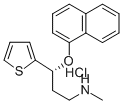
- Chemical Name:(R)-Duloxetine
- CAS:116539-60-7
- MF:C18H19NOS
- Structure:
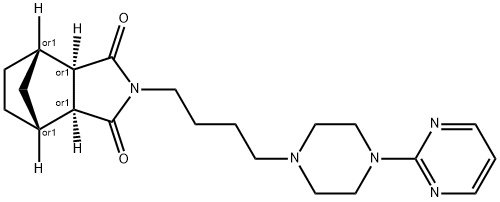
- Chemical Name:Tandospirone
- CAS:87760-53-0
- MF:C21H29N5O2
- Structure:
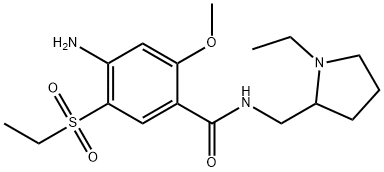
- Chemical Name:Amisulpride
- CAS:71675-85-9
- MF:C17H27N3O4S
- Structure:
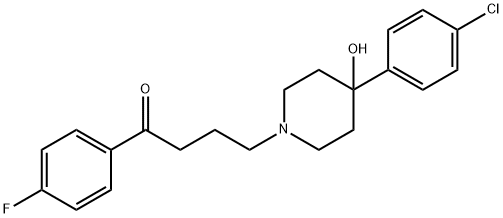
- Chemical Name:Haloperidol
- CAS:52-86-8
- MF:C21H23ClFNO2
- Structure:
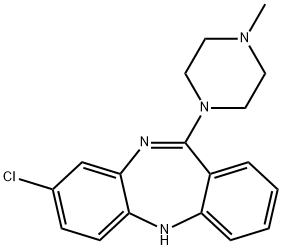
- Chemical Name:Clozapine
- CAS:5786-21-0
- MF:C18H19ClN4
- Structure:
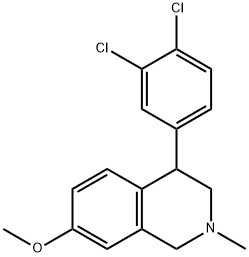
- Chemical Name:Diclofensine
- CAS:67165-56-4
- MF:C17H17Cl2NO
- Structure:
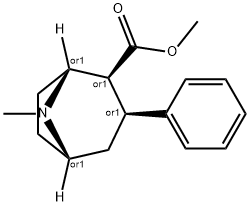
- Chemical Name:Troparil
- CAS:74163-84-1
- MF:C16H21NO2
- Structure:
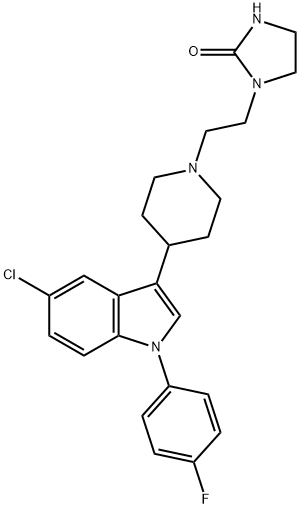
- Chemical Name:SERTINDOLE
- CAS:106516-24-9
- MF:C24H26ClFN4O
- Structure:
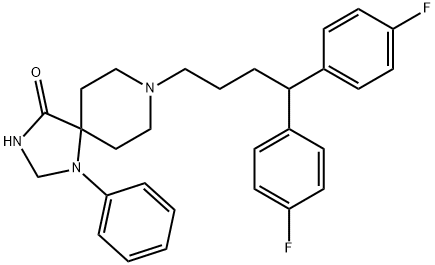
- Chemical Name:FLUSPIRILENE
- CAS:1841-19-6
- MF:C29H31F2N3O
- Structure:
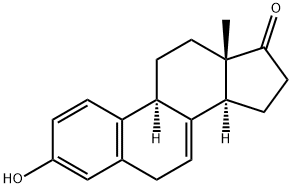
- Chemical Name:EQUILIN
- CAS:474-86-2
- MF:C18H20O2
- Structure:
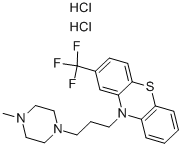
- Chemical Name:Trifluoperazine dihydrochloride
- CAS:440-17-5
- MF:C21H26Cl2F3N3S
- Structure:
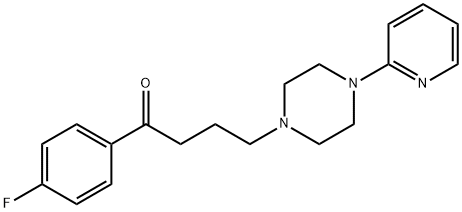
- Chemical Name:Azaperone
- CAS:1649-18-9
- MF:C19H22FN3O
- Structure:
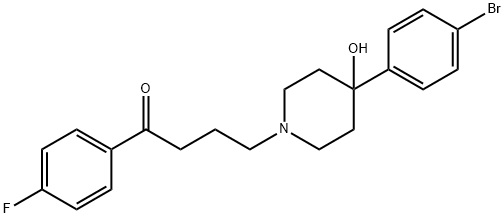
- Chemical Name:BROMPERIDOL
- CAS:10457-90-6
- MF:C21H23BrFNO2
- Structure:
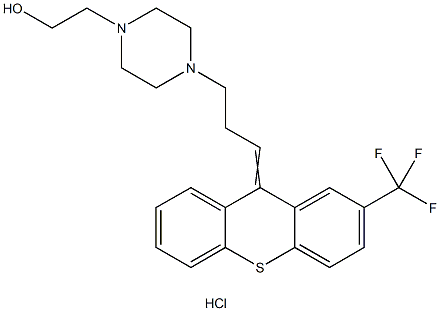
- Chemical Name:Fupentixol dihydrochloride
- CAS:2413-38-9
- MF:C23H25F3N2OS.2ClH
- Structure:
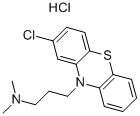
- Chemical Name:Chlorpromazine hydrochloride
- CAS:69-09-0
- MF:C17H20Cl2N2S
- Structure:
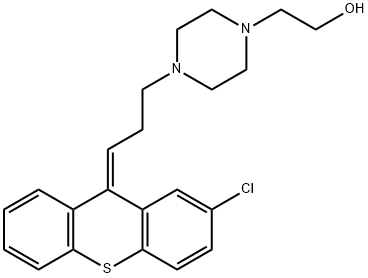
- Chemical Name:Zuclopenthixol
- CAS:53772-83-1
- MF:C22H25ClN2OS
- Structure:
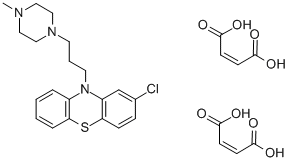
- Chemical Name:PROCHLORPERAZINE MALEATE
- CAS:84-02-6
- MF:C28H32ClN3O8S
- Structure:
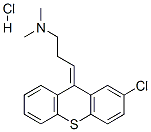
- Chemical Name:Chlorprothixene hydrochloride
- CAS:6469-93-8
- MF:C18H19Cl2NS
- Structure:
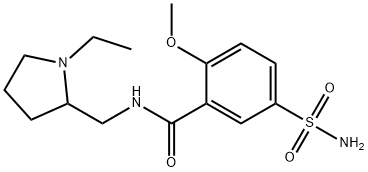
- Chemical Name:Sulpiride
- CAS:15676-16-1
- MF:C15H23N3O4S
- Structure:
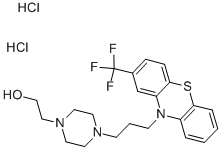
- Chemical Name:FLUPHENAZINE HYDROCHLORIDE
- CAS:146-56-5
- MF:C22H28Cl2F3N3OS
- Structure:
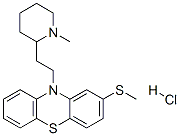
- Chemical Name:Thioridazine hydrochloride
- CAS:130-61-0
- MF:C21H27ClN2S2
- Structure:
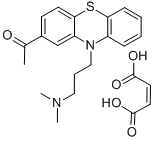
- Chemical Name:ACEPROMAZINE MALEATE
- CAS:3598-37-6
- MF:C23H26N2O5S
- Structure:
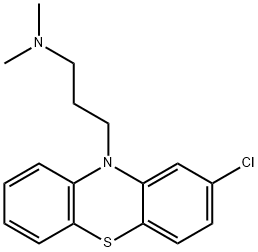
- Chemical Name:Chlorpromazine
- CAS:50-53-3
- MF:C17H19ClN2S
- Structure:
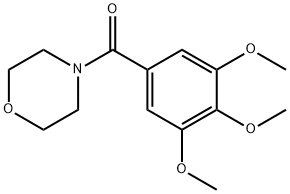
- Chemical Name:trimetozine
- CAS:635-41-6
- MF:C14H19NO5
- Structure:
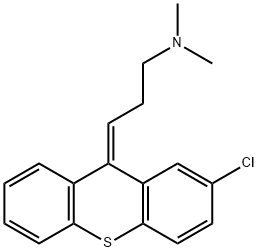
- Chemical Name:Chlorprothixene
- CAS:113-59-7
- MF:C18H18ClNS
- Structure:
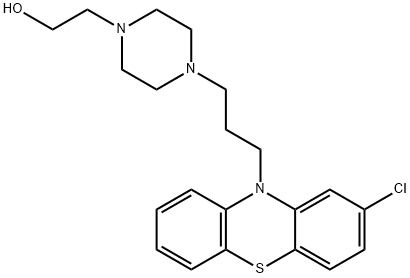
- Chemical Name:PERPHENAZINE
- CAS:58-39-9
- MF:C21H26ClN3OS
- Structure:
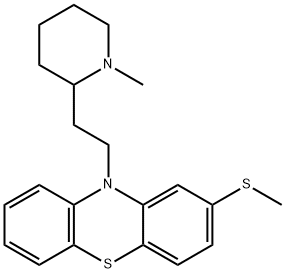
- Chemical Name:Thioridazine
- CAS:50-52-2
- MF:C21H26N2S2
- Structure:
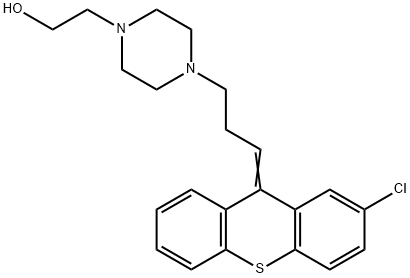
- Chemical Name:clopenthixol
- CAS:982-24-1
- MF:C22H25ClN2OS
- Structure:
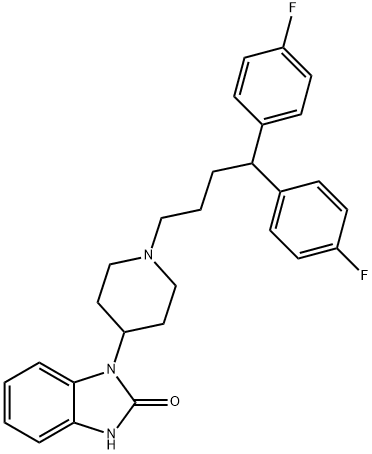
- Chemical Name:Pimozide
- CAS:2062-78-4
- MF:C28H29F2N3O
- Structure:
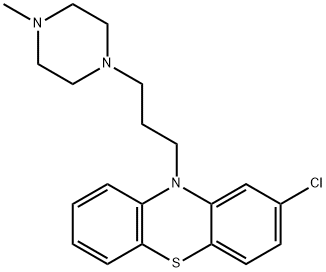
- Chemical Name:Prochlorperazine
- CAS:58-38-8
- MF:C20H24ClN3S
- Structure:
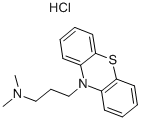
- Chemical Name:Promazine hydrochloride
- CAS:53-60-1
- MF:C17H21ClN2S
- Structure:
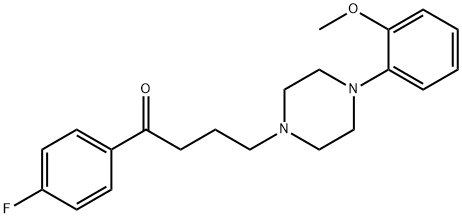
- Chemical Name:Fluanisone
- CAS:1480-19-9
- MF:C21H25FN2O2
- Structure:
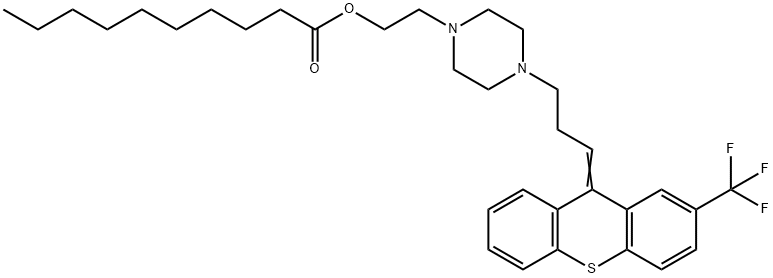
- Chemical Name:Flupentixol decanoate
- CAS:30909-51-4
- MF:C33H43F3N2O2S
- Structure:
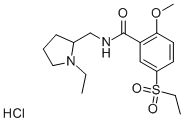
- Chemical Name:Sultopride hydrochloride
- CAS:23694-17-9
- MF:C17H27ClN2O4S
- Structure:
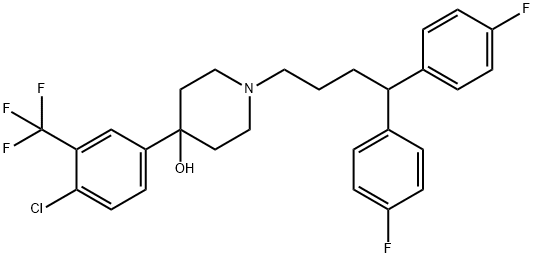
- Chemical Name:Penfluridol
- CAS:26864-56-2
- MF:C28H27ClF5NO
- Structure:

- Chemical Name:Aripiprazole
- CAS:129722-12-9
- MF:C23H27Cl2N3O2
- Structure:
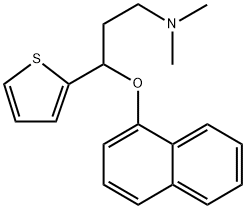
- Chemical Name:(RS)-N-Methyl-gama-(1-naphthalenyloxy)-2-thiophenepropanamine hydrochloride
- CAS:116817-11-9
- MF:C19H21NOS
- Structure:
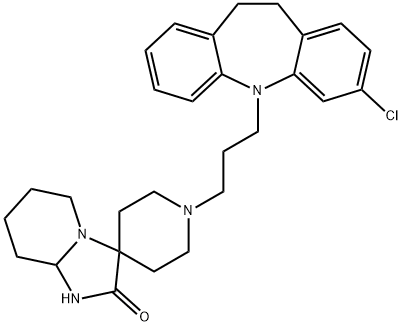
- Chemical Name:MOSAPRAMINE
- CAS:89419-40-9
- MF:C28H35ClN4O
- Structure:
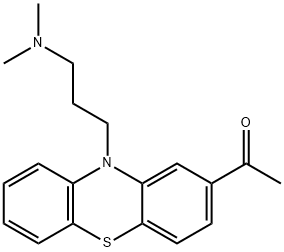
- Chemical Name:acepromazine
- CAS:61-00-7
- MF:C19H22N2OS
- Structure:
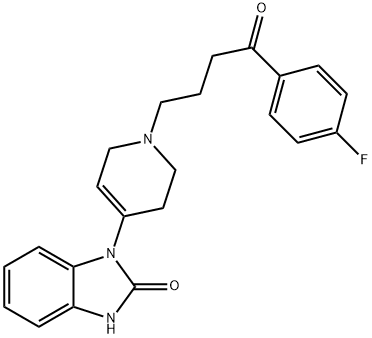
- Chemical Name:DROPERIDOL
- CAS:548-73-2
- MF:C22H22FN3O2
- Structure:
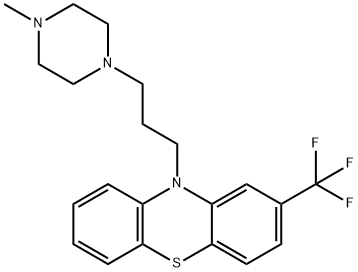
- Chemical Name:Trifluoperazine
- CAS:117-89-5
- MF:C21H24F3N3S
- Structure:
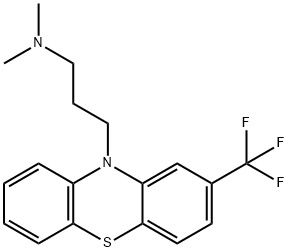
- Chemical Name:triflupromazine
- CAS:146-54-3
- MF:C18H19F3N2S
- Structure:
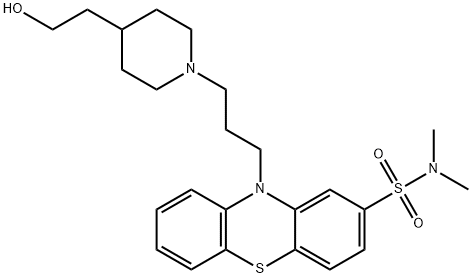
- Chemical Name:Pipotiazine
- CAS:39860-99-6
- MF:C24H33N3O3S2
- Structure:
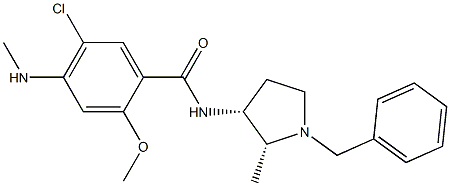
- Chemical Name:Nemonapride
- CAS:93664-94-9
- MF:C21H26ClN3O2
- Structure:
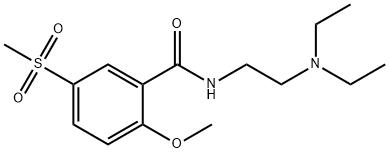
- Chemical Name:Tiapride
- CAS:51012-32-9
- MF:C15H24N2O4S
- Structure:
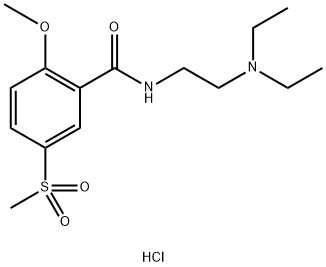
- Chemical Name:Tiapride hydrochloride
- CAS:51012-33-0
- MF:C15H25ClN2O4S
- Structure:
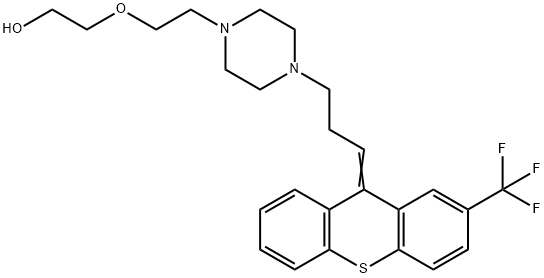
- Chemical Name:FLUPENTIXOL IMPURITY D
- CAS:791521-96-5
- MF:C25H29F3N2O2S
- Structure:
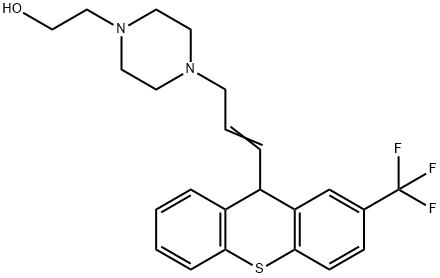
- Chemical Name:FLUPENTIXOL IMPURITY F
- CAS:756419-50-8
- MF:C23H25F3N2OS
- Structure:
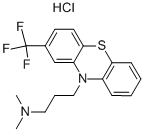
- Chemical Name:Triflupromazine hydrochloride
- CAS:1098-60-8
- MF:C18H20ClF3N2S
- Structure:
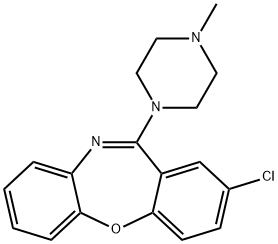
- Chemical Name:loxapine
- CAS:1977-10-2
- MF:C18H18ClN3O
- Structure:
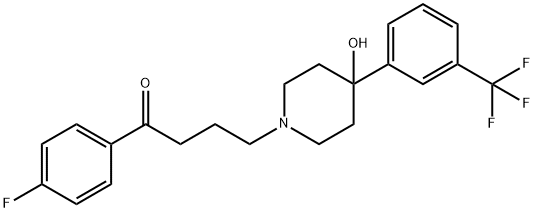
- Chemical Name:trifluperidol
- CAS:749-13-3
- MF:C22H23F4NO2
- Structure:
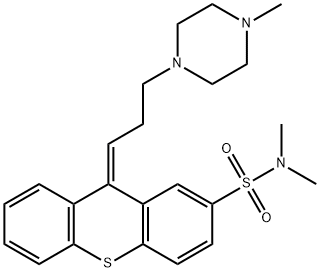
- Chemical Name:CIS-THIOTHIXENE
- CAS:3313-26-6
- MF:C23H29N3O2S2
- Structure:
- Chemical Name:CONCANAMYCIN A
- CAS:98932-70-8
- MF:C46H75NO14
- Structure:
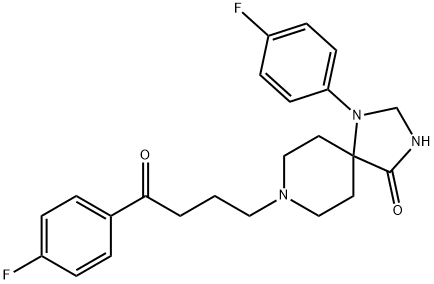
- Chemical Name:Fluspiperone
- CAS:54965-22-9
- MF:C23H25F2N3O2
- Chemical Name:Acephenazine
- CAS:
- MF:
- Chemical Name:Alseroxvlon
- CAS:
- MF:
- Structure:
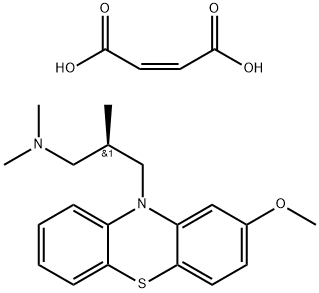
- Chemical Name:Levomepromazine maleate
- CAS:7104-38-3
- MF:C23H28N2O5S
- Structure:
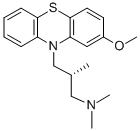
- Chemical Name:(-)-10-(3-[DIMETHYLAMINO]-2-METHYLPROPYL)-2-METHOXY-PHENOTHIAZINE MALEATE SALT
- CAS:60-99-1
- MF:C19H24N2OS
- Structure:
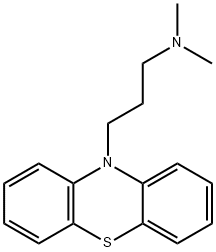
- Chemical Name:Promazine
- CAS:58-40-2
- MF:C17H20N2S
- Structure:
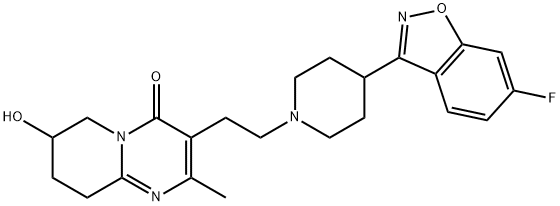
- Chemical Name:7-HYDROXY RISPERIDONE
- CAS:147663-04-5
- MF:C23H27FN4O3
- Structure:
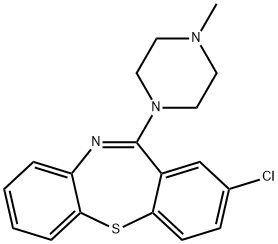
- Chemical Name:CLOTHIAPINE
- CAS:2058-52-8
- MF:C18H18ClN3S
- Structure:
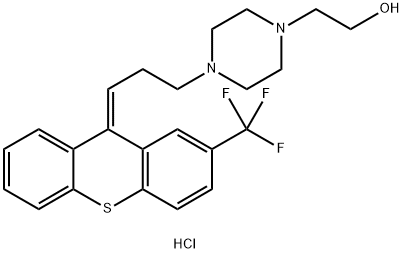
- Chemical Name:cis-Flupentixol hydrochloride
- CAS:51529-01-2
- MF:C23H26ClF3N2OS
- Structure:
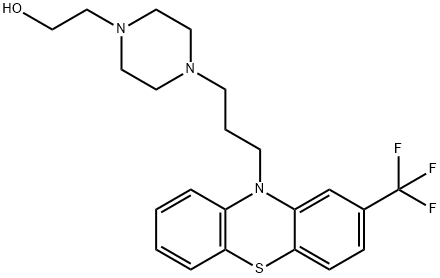
- Chemical Name:FLUPHENAZINE
- CAS:69-23-8
- MF:C22H26F3N3OS
- Chemical Name:HALOPERIDOL DECANOATE
- CAS:
- MF:
- Structure:
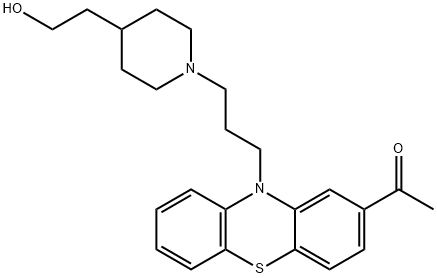
- Chemical Name:PIPERACETAZINE (250 MG)
- CAS:3819-00-9
- MF:C24H30N2O2S